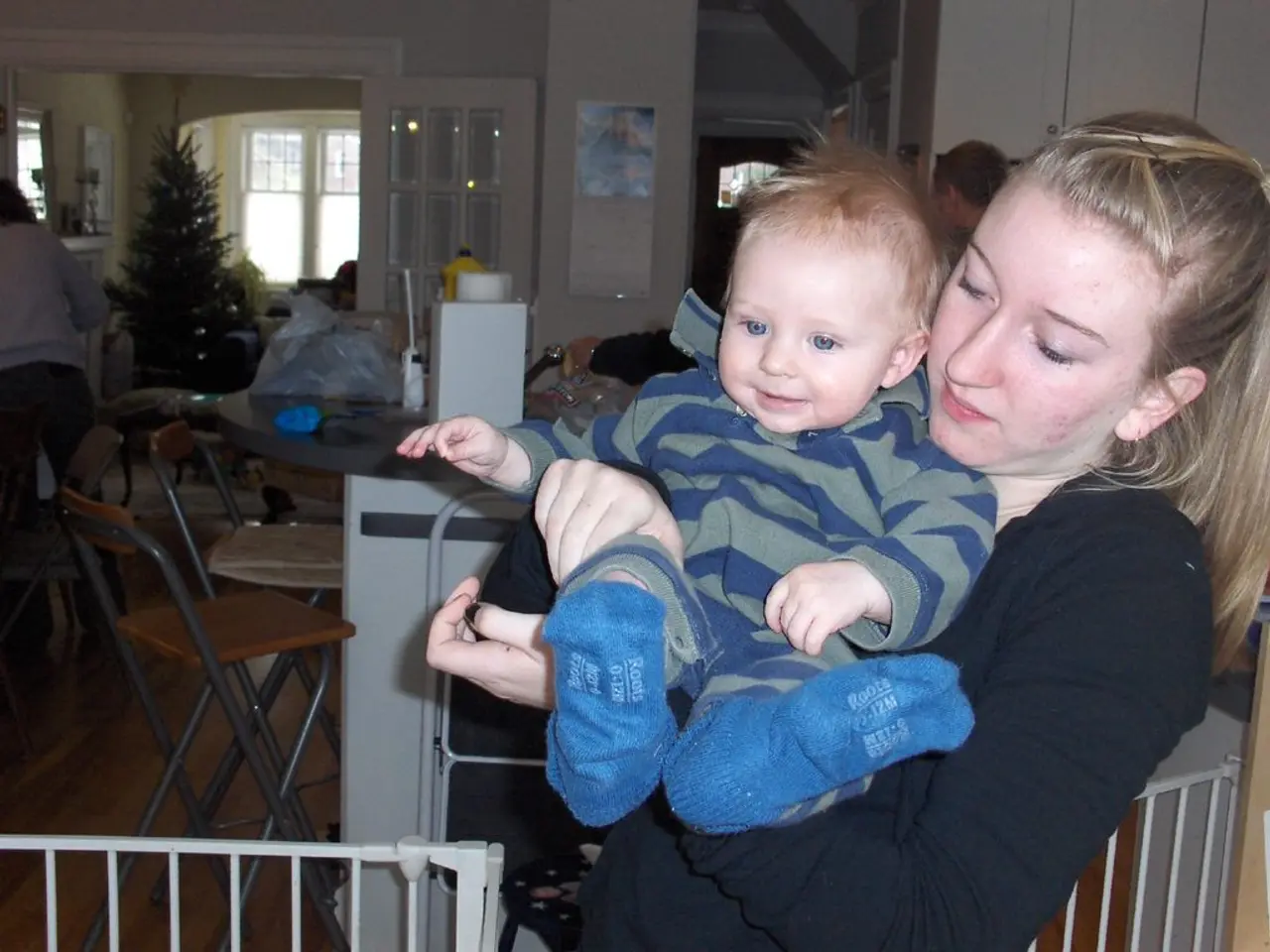Coping With Mother Loss: Resources and Strategies
Losing a mother is a profound and deeply personal experience, one that can leave a lasting impact on those who endure it. It's important to remember that grief is a natural response to loss, and there are many ways to cope with it. Support is available, both in the form of professional help and through resources like books such as 'Healing After the Loss of Your Mother' and 'Motherless Daughters'.
Grief can manifest in many ways. It might involve keeping up with traditions that were important to your mother, focusing on happy memories, or seeking out maternal figures in your life. Mindfulness practices can also be helpful in managing grief. It's also important to honor your mother's memory and find ways to keep her spirit alive. Helping others can also be a powerful way to cope with grief.
It's crucial to remember that grief is a highly individual experience. Daughters, in particular, may experience grief differently than sons. They may feel a sense of cultural and tradition loss, or struggle with the lack of maternal guidance. Research has shown that women who lose a parent often have a more intense grief response and greater adjustment difficulties. Regardless of age or the nature of the mother's passing, losing her can be a traumatic experience. If grief becomes unbearable, immediate help is available through resources like the 988 Suicide and Crisis Lifeline and the Crisis Text Line.
The loss of a mother can strain family relationships and lead to various physical and psychological effects, including an increased risk of health issues and depression. If you're struggling with grief, it's important to seek help. Extreme grief lasting more than a year or difficulty completing daily tasks may warrant speaking with a mental health professional. Remember, you're not alone in your grief, and there are many resources available to help you through this difficult time.




